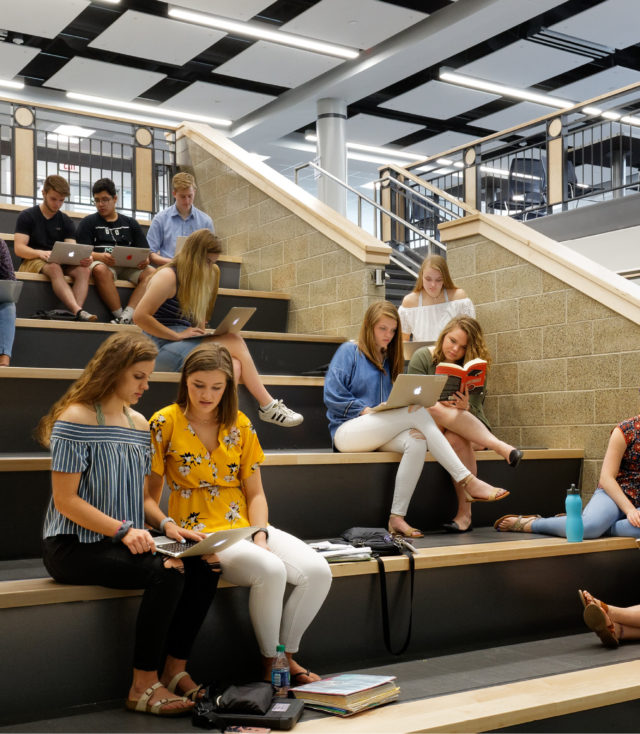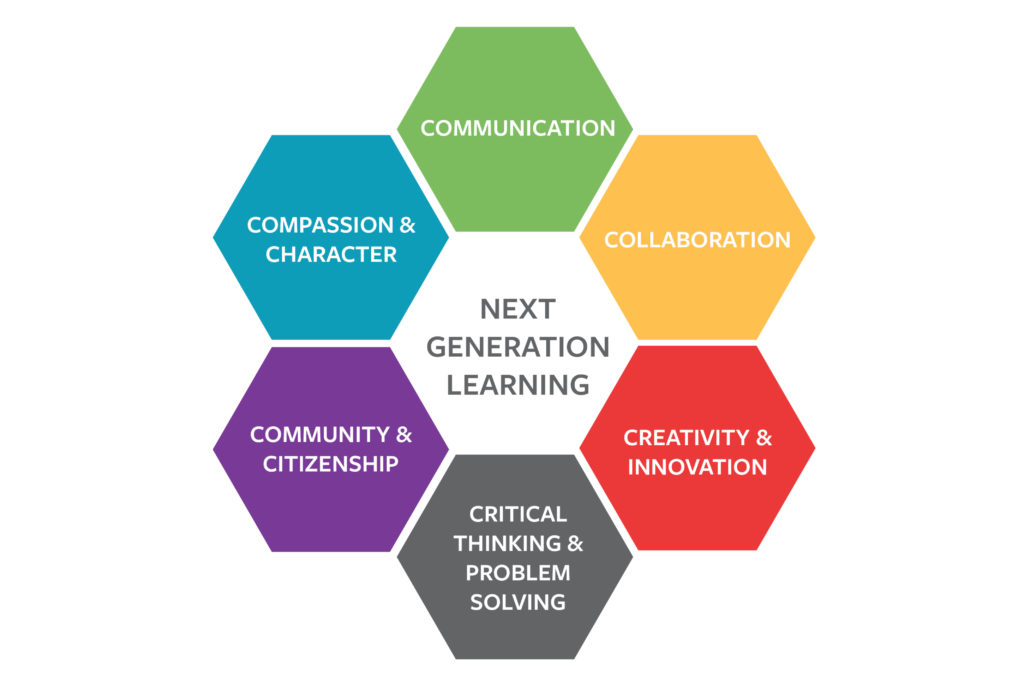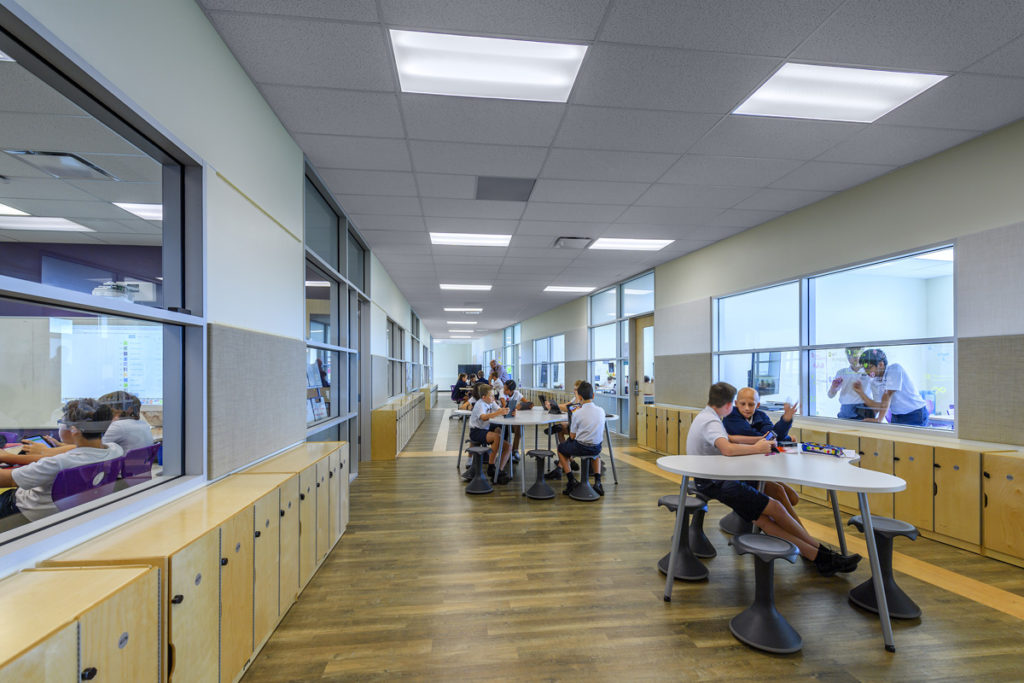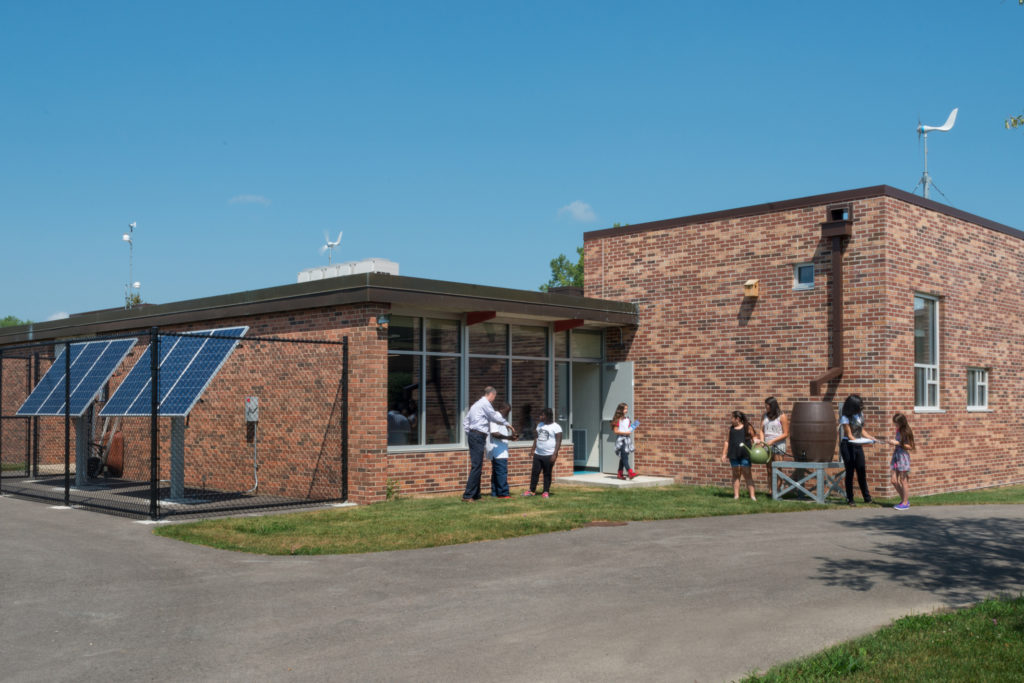Insights
The Six Cs of Education Planning and Design
By Steven Herr
Across the country, traditional and progressive school districts alike are familiar with the Four Cs of education. Communication, Collaboration, Critical thinking and Creativity have become staples of the 21st century education movement to prepare students for careers in the present and future world.
Now, two decades into the 21st century, we’ve seen social, emotional and mental health issues rise to prominence in our schools and larger society. To address these issues, education must continue to evolve to fully meet the needs of today’s learners.
The Six Cs
Renowned educator Michael Fullan introduced two new Cs, Character and Citizenship, as part of his New Pedagogies for Deep Learning. While the Four Cs are still relevant to 21st-century careers, these added Cs represent a new focus on well-being. By creating more meaningful relationships for students with their peers, with their schools and the global community, the Six Cs aim not only for future career success but also for success in every aspect of life.
The Six Cs are at the heart of Fanning Howey’s Learning Ecosystems for Educational Planning (LEEP) process, which explores big ideas in education with school districts. Building on Michael Fullan’s philosophy, we’ve expanded Character to “Compassion and Character”, and Citizenship to “Community and Citizenship” to represent the changing needs of students.

Compassion & character
Compassion and character attribute to a student’s personal effectiveness—their ability to empathize with others and apply that information to their behavior. Often referred to as emotional intelligence, this C is the foundation for creating positive, meaningful relationships. In fact, studies have shown that people with high emotional intelligence have greater mental health and leadership skills throughout life.

Compassion and character have become increasingly important for modern career development too. Emotional intelligence is a baseline requirement for many employers today. The World Economic Forum listed emotional intelligence among the top six skills sought after in the workforce in 2020. In 2015, it didn’t even break the top ten, which attests to its growing importance in every aspect of society.
Community & citizenship
Today’s students are growing up in an increasingly connected world. This connectivity brings with it a greater responsibility than past generations to think like global citizens. Community and citizenship help students to develop a sense of purpose through these connections, and ultimately strive to contribute to the betterment of the world.
For example, students may focus on real-world issues like sustainability to put learning in a tangible, immediate and measurable context. This exercise in global thinking also develops complex problem solving skills, the most important workforce skill needed for 2025 according to World Economic Forum.

A balanced approach
The addition of these new Cs isn’t meant to overshadow the original four; they are included to create a comprehensive, well-rounded education focused on life success. Balance is the key—no two school districts are the same, and each requires a different approach to learning environments. The purpose of our LEEP process is to identify which Cs a school district is developing well, which need improvement, and how learning environments can support them to prepare students for successful lives. After all, the goal of education shouldn’t be to create good workers—it should be to create good people.
Designing School-Based Health Centers
By Dan ObrynbaSchool-based health centers are becoming integral components of public schools, primarily serving the needs of students and staff, with the potential to also serve the broader community. School-Based Health Centers are usually run by separate
Full ArticleEsports Facilities for Student Engagement
By Steven HerrAs competitive esports becomes a viable career path, educators across the country are embracing these gaming trends and expanding esports programming at their schools. Schools that have adopted esports are already seeing the benefits. According
Full ArticleSmart Schools Roundtable: School Safety by Design
By Zachary SprungerThe tragedy at Robb Elementary School in Uvalde, Texas, has once again brought the issue of school security into the national conversation. In 2020, Fanning Howey hosted a school security webinar featuring Michael Dorn, Executive
Full Article